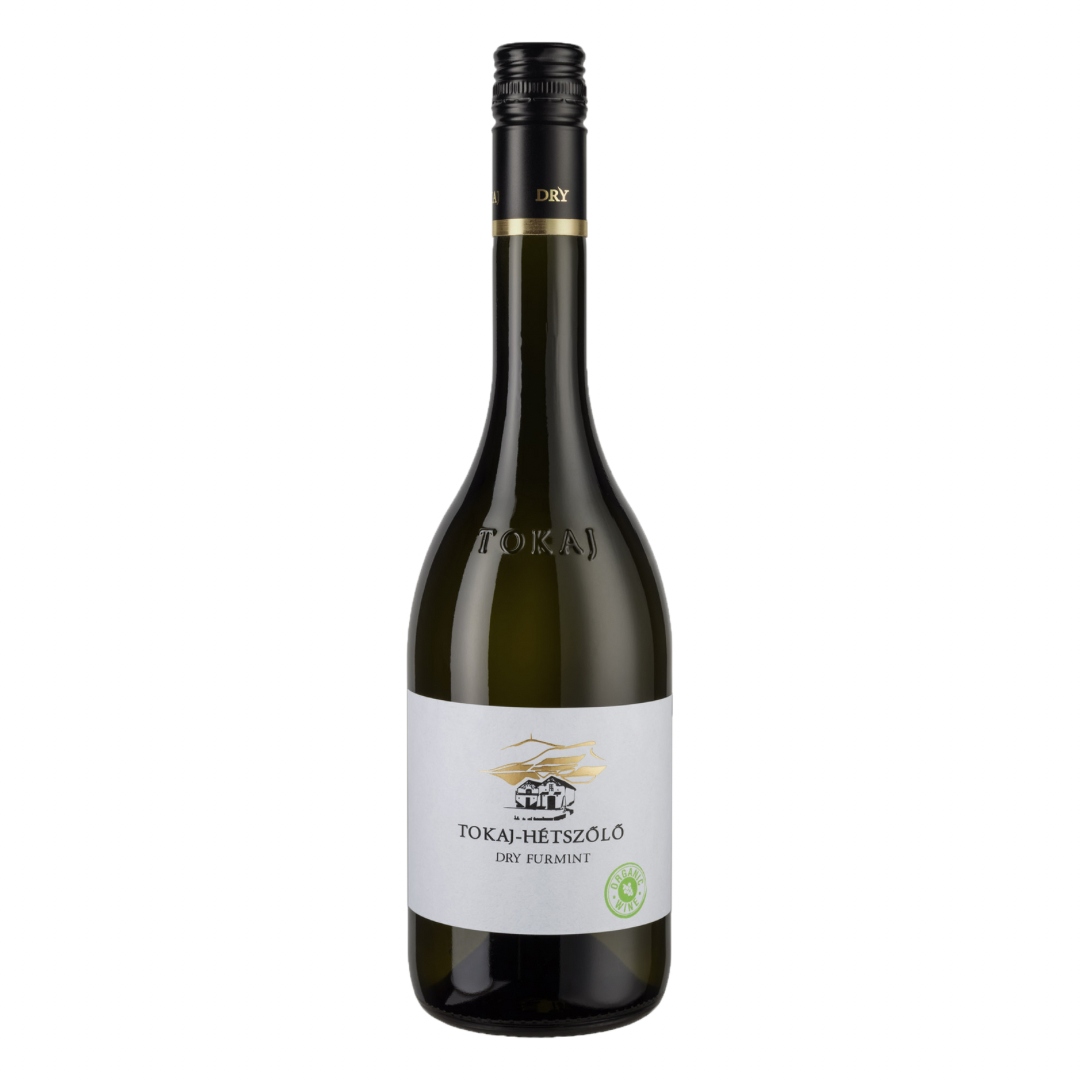Tokaj Hetszolo Dry Furmint 2021
Tokaj Hetszolo Dry Furmint 2021
Normally thought of as a sweet wine, Tokaji can indeed be fermented dry, with minimal residual sugar remaining. The best of these wines are an exercise in balance - fresh and alive while being mineral and complex. We can safely say that Hetszolo's delivers in spades!
The nose and palate is striking - with lime, pear and green apple notes. Elegant acidity and minerality. We highly recommend serving closer to cellar temperature. A very food-friendly wine.
This is 100% Furmint from the south-facing Nagyszőlő & Hétszőlő single vineyards on thick loess soil with more complex volcanic subsoil. Yields are around 35 hl/ha, and the wine is fermented and aged for five months in stainless tanks with weekly batonnage.
The undisputed king of Hungarian vineyards, Mount Tokaj is located to the north of the country, 200 km east of Budapest. This legendary location produces exceptional wines, protected since 1772 by the first appellation of origin awarded in the entire world.
The Royal Imperial Estate of Tokaj-Hétszolo owns beautiful land and cracking vines on the southern slopes of Mount Tokaj since 1502. No surprise, then, that it has attracted the attention of the greats of the wine world for over 5 centuries!
Ecological responsibility is at the forefront of the winery’s objectives. There wasn’t any agriculture at Hétszőlő between the 1950’s and 1990 - in fact throughout the era of massive agrochemical use of Soviet regime. When the vineyards were replanted in 1991 sustainability was put to the fore. To make organic culture more official, Hétszőlő began the conversion process for organic certification in 2009 with the label of Hungária Ökogarancia, an official organic certifier in Hungary.
Today all the 55 hectares of vineyards of the estate are cultivated strictly in organic way. Minuscule amounts of copper and sulphur are employed. Instead of systemic chemicals they use more natural products like orange oil, baking powder and other substances. No artificial fertilizers, nor herbicides, are used and natural pest management is practised using predatory insects. Soil management is done by means of composting and diverse cover crop. Ecological islands have been established next to vine parcels to increase biodiversity. Allied to these changes is a move towards more natural wine making, using indigenous yeasts and spontaneous fermentation.
Couldn't load pickup availability
Share


